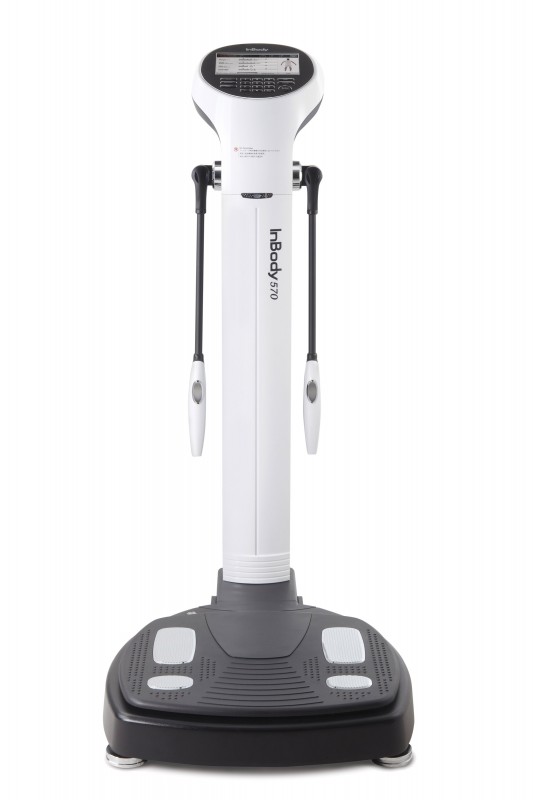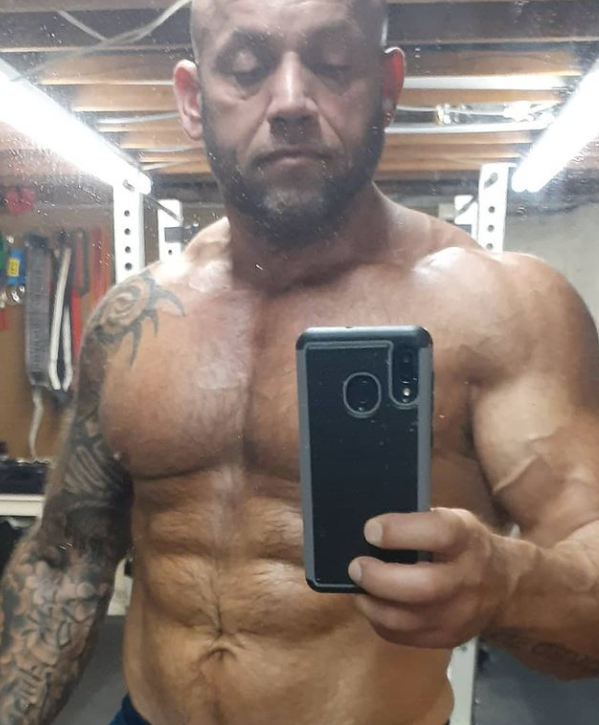
Yeah I know, two body fat articles in a row. But I have a reason. And, helping people lose body fat is a huge part of my business at TPS and TPSMethod.com. In this Log I’ll go over a few of the most important reasons regarding Why You Should Monitor Your Body Composition.
First off, why didn’t I say body fat?
Well, body composition is more descriptive and more accurate. Monitoring body composition is not just fat, it is also skeletal muscle mass, lean body mass (all mass that is not fat, including water) and visceral fat. The best way to do this is a simple and quick InBody scan (we have one at TPS) or a dexa scan.

Skinfold calipers are great if the person doing the test knows how to use them, but they just don’t give you as much information as an InBody scan.
While we are on the topic of body fat, let’s look at the three different types we have:
- Subcutaneous (directly under the skin)
- Intra muscular (in between the muscle fibers)
- Visceral fat (in the gut and around the organs)
Having higher levels of Subcutaneous and Intra muscular fat isn’t great but it doesn’t have the same effect as having a high level of Visceral fat. Visceral fat in high levels is directly linked to many health issues including:
- Heart disease
- Type 2 Diabetes
- Stroke
- Alzheimers
Knowing how much of each type of fat you have is a main reason why you should monitor your body composition.
Here is a short list of other reasons why you should monitor your body composition.
When we are losing weight it is critical that we know what kind of weight we are losing. Often people look at the scale only, but the scale lies! It only tells you weight, not body composition. Losing skeletal muscle mass is very common when people try to lose weight.
When skeletal muscle mass is lost, your body composition changes unfavorably. You have more fat than you did before the weight loss! An easy to understand reason for having more skeletal muscle mass is simply that your BMR will be higher. A higher BMR (basal metabolic rate) means that your metabolism is higher.
A fast metabolism is always better than a slow one.
Next, monitoring your Body composition is far better than just weight.
It paints a true picture, especially if you have a physical with your doctor. For some insane reason, Doctors use BMI to assess health. The problem with BMI is that it is stupid and virtually useless.
It does not account for skeletal muscle mass. It only goes by weight and height.
Therefore, a person with a large amount of muscle mass and low body fat can still be obese or morbidly obese by BMI.
I’ll bet that if we did a BMI on Elitefts Team members Vincent DiZenzo or Anne Sheehan, they would have poor BMI profiles, yet still be healthy and ripped AF.


Monitoring your body composition is a far better way to assess progress and overall health.
Finally, the last reason I am giving today is tied into the first but a bit different.
Let’s say you are a person with a very high level of body fat and you embark on a fitness plan. You go and get weighed in and then start your exercise program, a few weeks later you go back.
Boom, you are down 10 pounds!
Awesome right?
Nope.
How do you know if you lost fat and gained skeletal muscle, or if you lost skeletal muscle only?
You don’t and that is no good. The more fat you have, the harder it is to tell if you lost fat or muscle, it’s not easy to see. All you can see is less mass.
In a very lean or extremely lean person, it is easier to see fat loss because they will look even more shredded. A person who started out a a high body fat level, say 40%+ will not be able to tell if muscle was sacrificed or gained and if fat was lost or preserved.
In order to really tell what type of progress you are making, it is vital to monitor your body composition.
Okay, I said finally above but here is a bonus reason.
Let’s say that you are an athlete making weight for an event. This is a time that it is even more important to monitor your body composition. When cutting weight it is absolutely critical to preserve as much muscle mass as possible for best performance. I don’t think that needs a lot of explanation.
So, how often should you monitor your body composition?
It depends.
If you are on a fat loss or fat/weight loss program, I suggest at least monthly. This gives you enough time to see progress but not so much time to do any backsliding if you made an error.
If you are looking to stay on top of your health, every three months is just fine. Sure, you can do it more frequently if you like, but quarterly will serve you well as a baseline.
There you have my reasons for why you should monitor your body composition. I hope that it gave you a good picture of the why’s and not just the reasons.
Did you miss last week’s log?
Oh, yeah, follow us on Instagram too.
@TPSMalden
@tpsmethod
DM ME QUESTIONS THERE TOO!
You might be featured in a Coaching Log
SHARE THIS!
#bostonsstrongest
Vincere vel mori
C.J. Murphy
November 4, 2021











